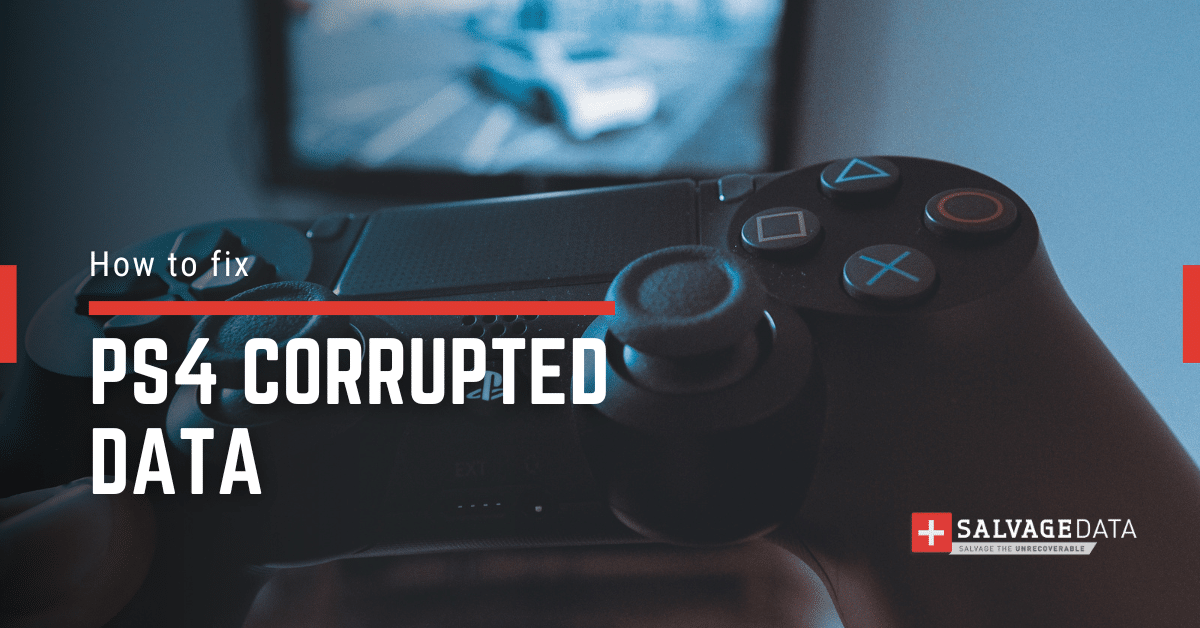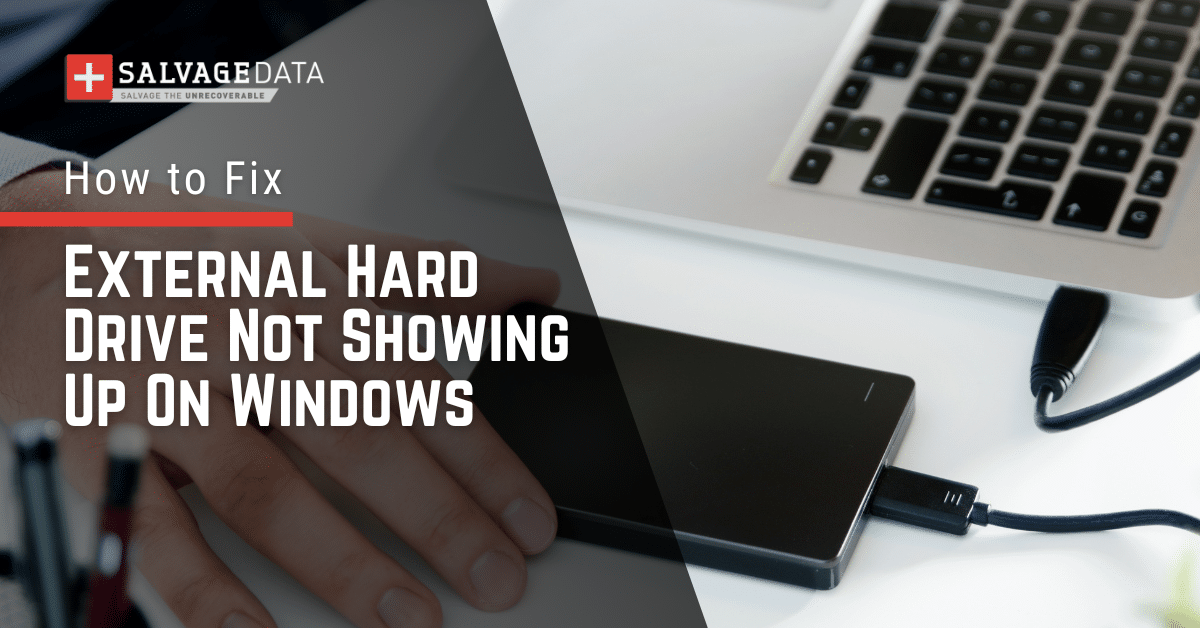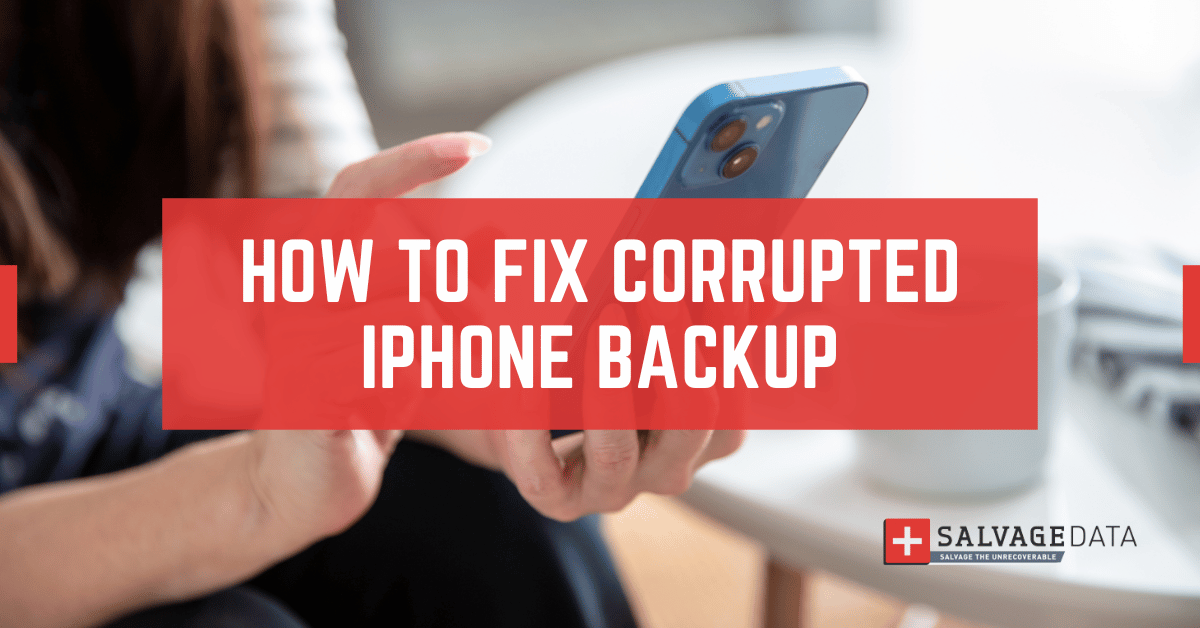Recent Articles
Quickest Mobile Data Recovery Case: 100% of Data Recovered in One Hour
How to fix a corrupted database on PS4
How to Troubleshoot Black or Blank Screens in Windows
LockBit Ransomware: A Comprehensive Guide to the Most Prolific Cyber Threat
How To Use iPad Recovery Mode
How to Prevent Overwriting Files: Best Practices
External Hard Drive Not Showing Up On Windows – Solved
How to Fix a Corrupted iPhone Backup
Backup and Remote Wiping Procedures
Common VMware Issues and Troubleshooting Solutions

I think there's an issue with my storage device, but I'm not sure Start a free evaluation →
I need help getting my data back right now Call now (800) 972-3282
What is Karma Ransomware?
Karma is a type of malware that encrypts your files and demands a ransom payment to decrypt them. This ransomware is particularly dangerous because it uses strong encryption algorithms that make it very difficult to recover your files without paying the ransom. Attackers distribute Karma Ransomware through malicious email attachments and websites that host exploit kits. Once it has encrypted your files, it will display a ransom note that instructs you on how to pay the ransom and decrypt your files.
What encryption methods does Karma Ransomware use?
This ransomware uses a combination of RSA and AES encryption to encrypt your files.
What types of files does Karma Ransomware encrypt?
Karma primarily targets documents, images, and other types of files that are likely to be important to you.
History
Karma Ransomware was first discovered in August 2016. We believe it to be a variant of the CryptXXX ransomware.
Ransom note
The ransom note is displayed as a web page in your default web browser.
Ransom amount
The ransom amount varies depending on the version of Karma Ransomware that you are infected with. However, the ransom is typically between 1 and 2 Bitcoins. But it can be as high as 4 Bitcoins. Attackers may also offer discounts if you contact them within a certain time.
Protection
To protect yourself from Karma Ransomware, you should refrain from opening email attachments from unknown sources. You should also avoid clicking on links in email messages that you do not trust. Additionally, you should keep your software up to date and install a reputable antivirus program.
What should you do?
If they infected you with Karma Ransomware, you should not pay the ransom. There is no guarantee that you will get your files back even if you do pay the ransom. Instead, you should focus on removing Karma Ransomware from your computer and then restore your files from a backup.
How to remove Karma?
You can remove this ransomware from your computer using a reputable anti-malware program. We recommend using SpyHunter, which can detect and remove Karma and other types of malware.
Public decryption tool
There is currently no public decryption tool available for Karma Ransomware.
How to restore files encrypted by Karma Ransomware?
If you have a backup of your files, you can restore them after you remove Karma Ransomware from your computer. If you do not have a backup, you may be able to use a data recovery program to recover some of your files. We built SalvageData data recovery software to help you.
Contact a data recovery service
If you cannot remove Karma Ransomware or decrypt your files, you can contact a data recovery service. Some services may be able to help you recover your files for a fee.
SalvageData is a professional data recovery service that can help you recover your files if Karma Ransomware has encrypted them. We have a team of experts who are experienced in dealing with this type of malware. We also have a no-recovery, no-fee policy, which means that you will not be charged unless we can successfully recover your files.
Contact us at +1 (800) 972-3282 to speak to a data recovery specialist or via our website to get help.













